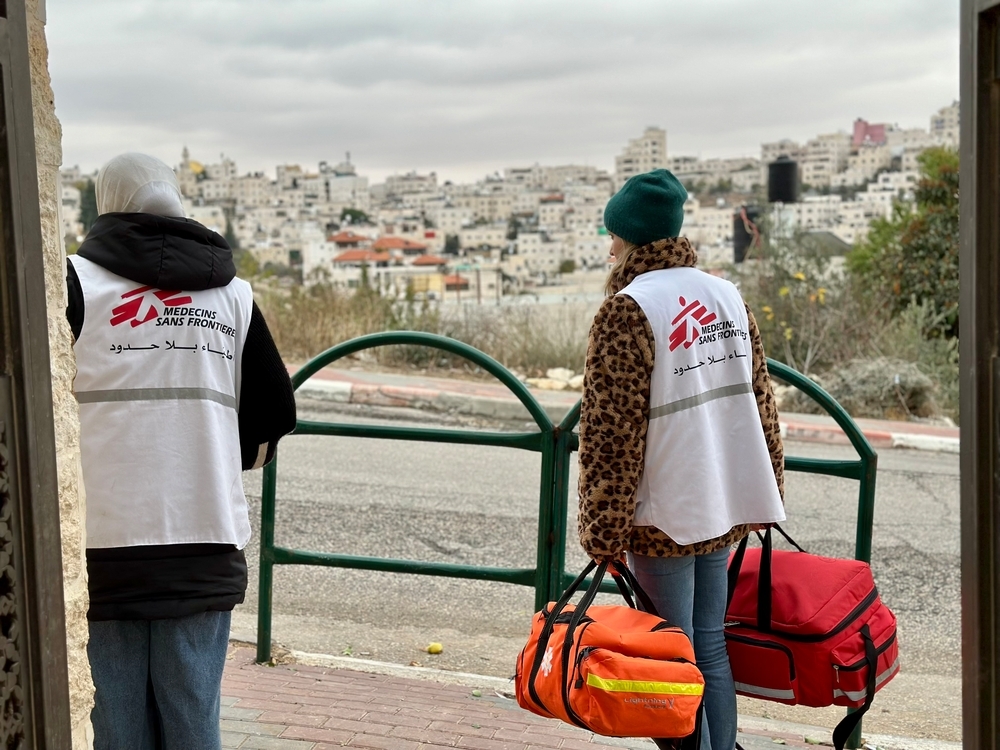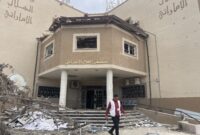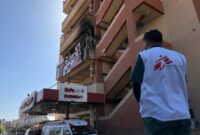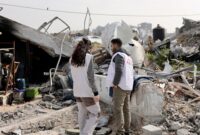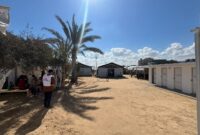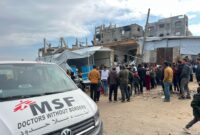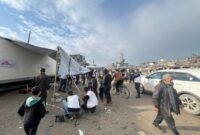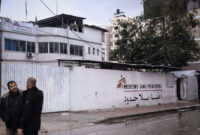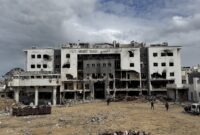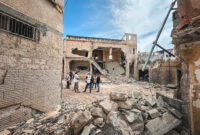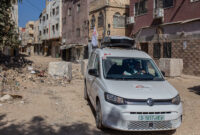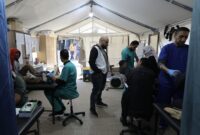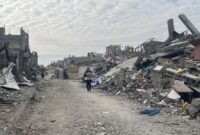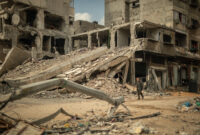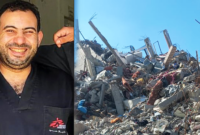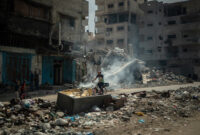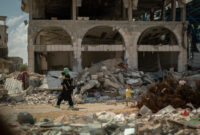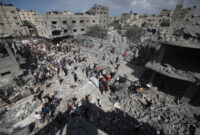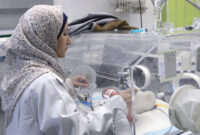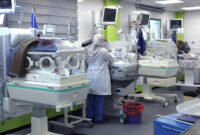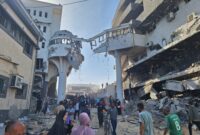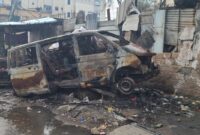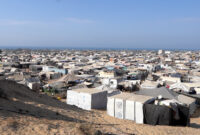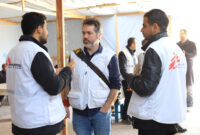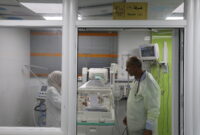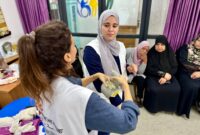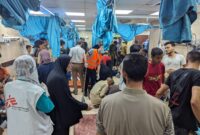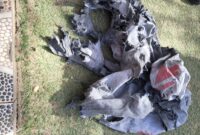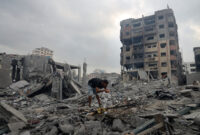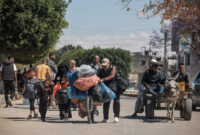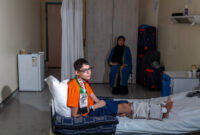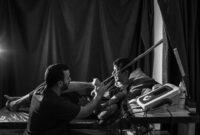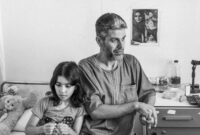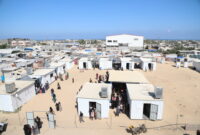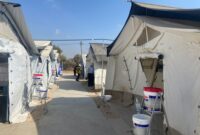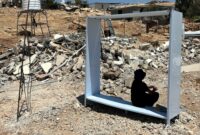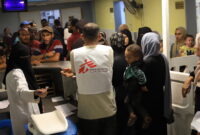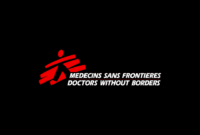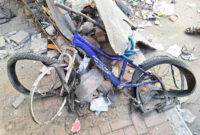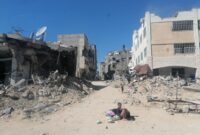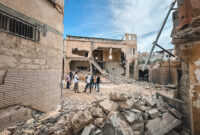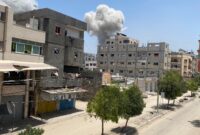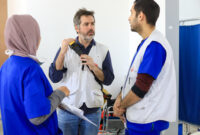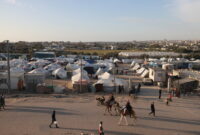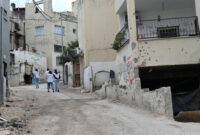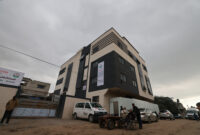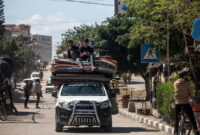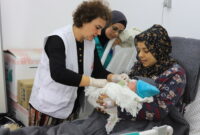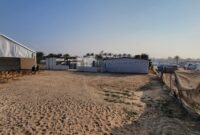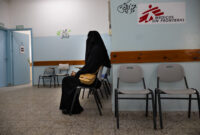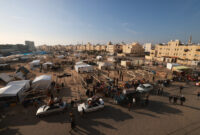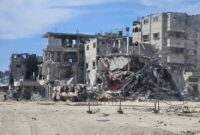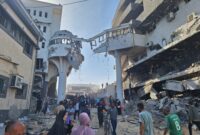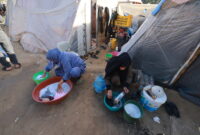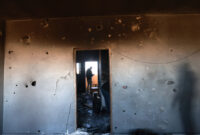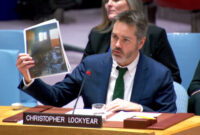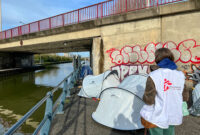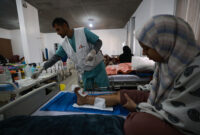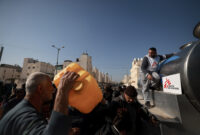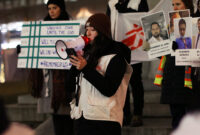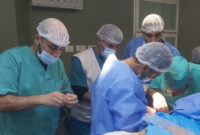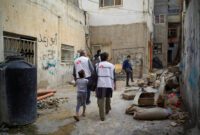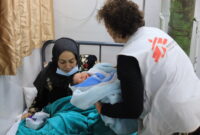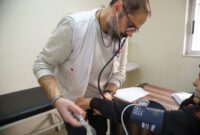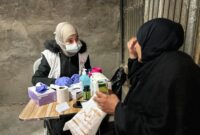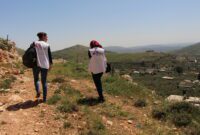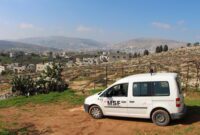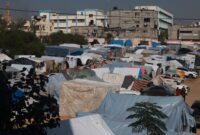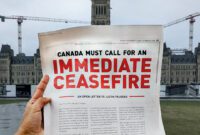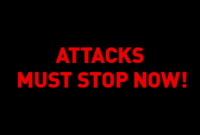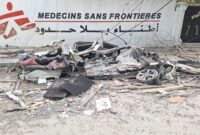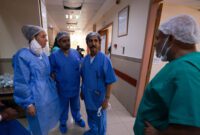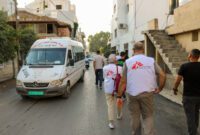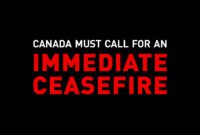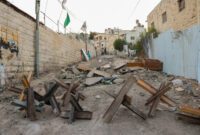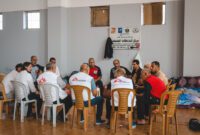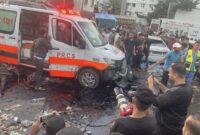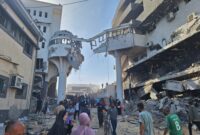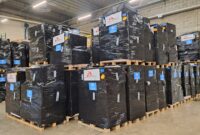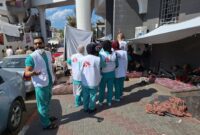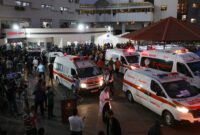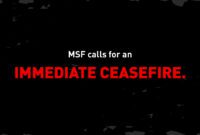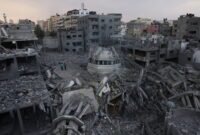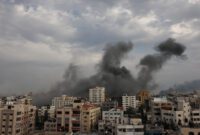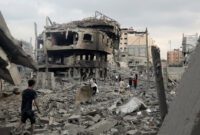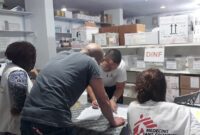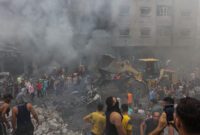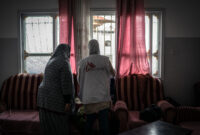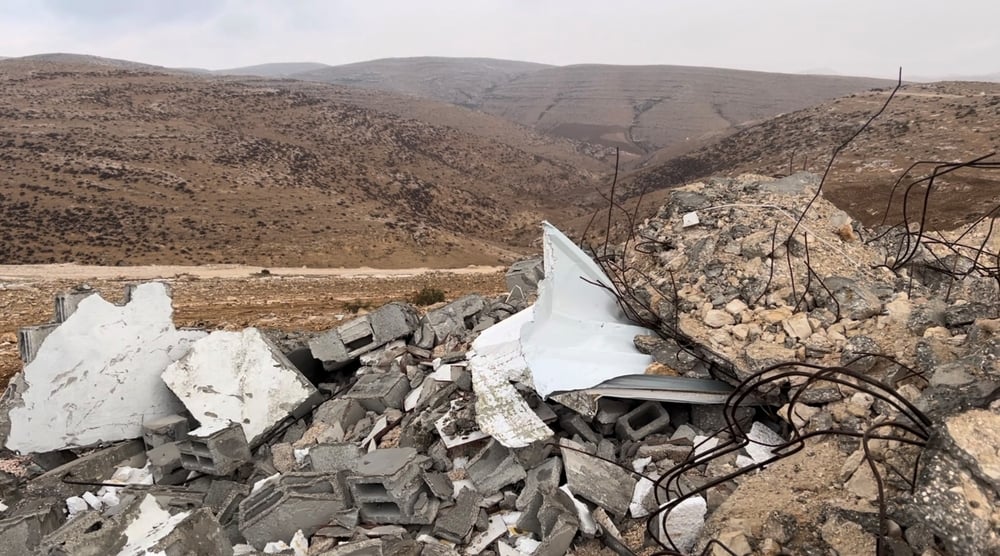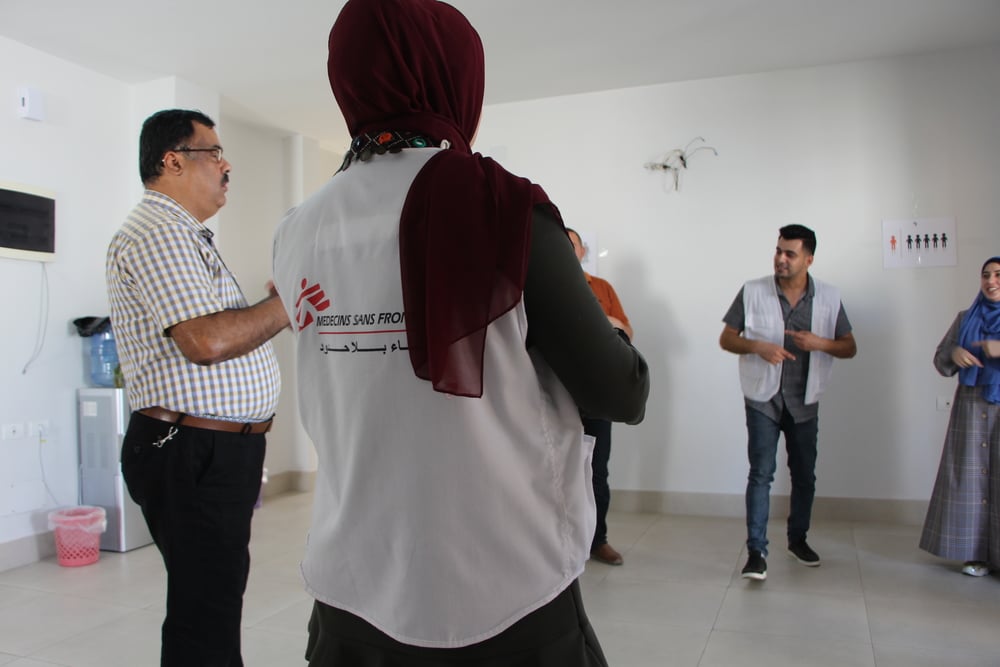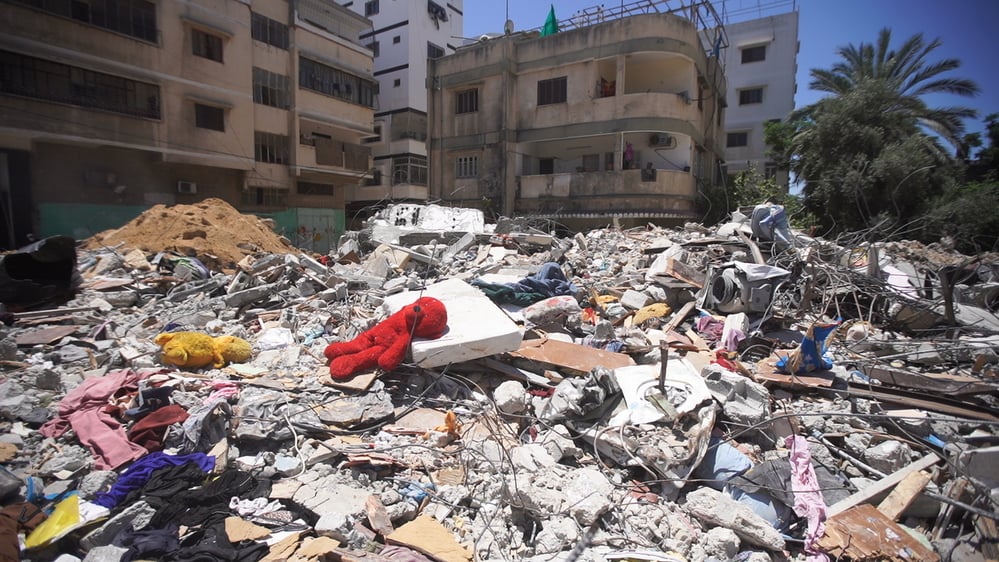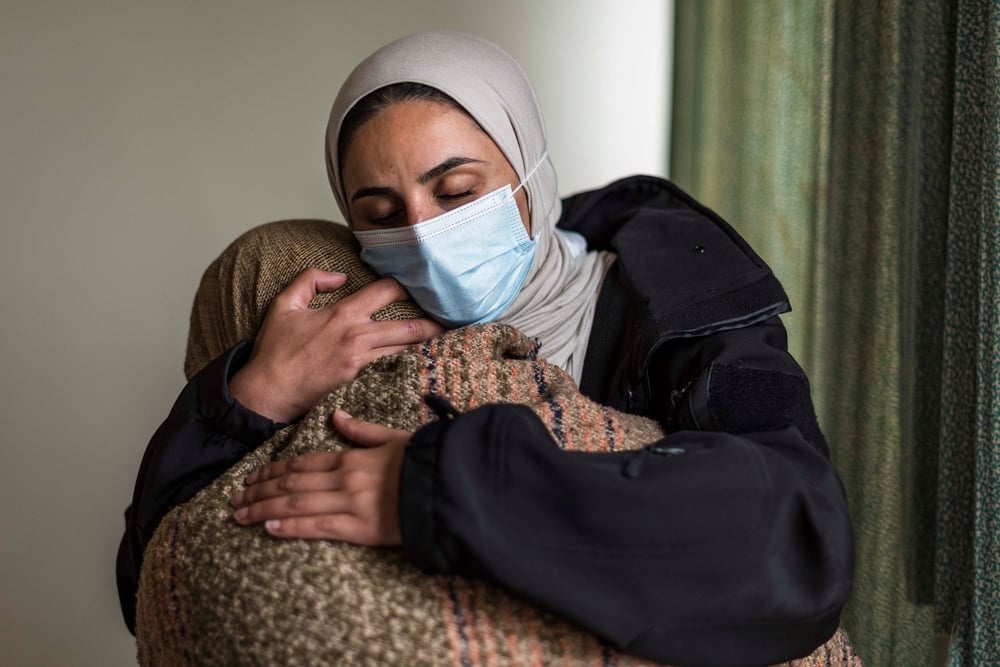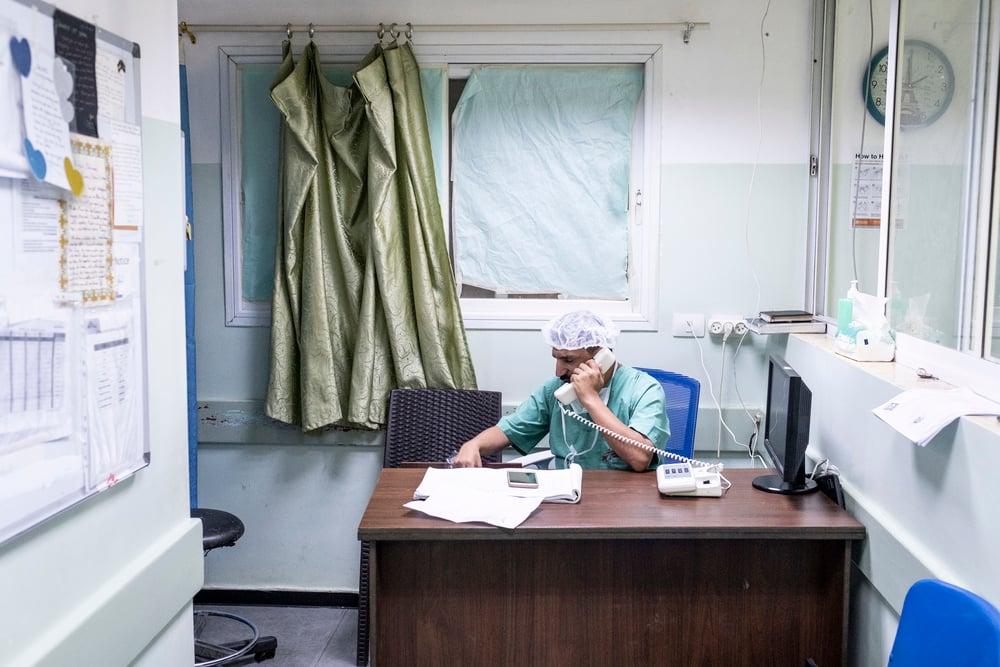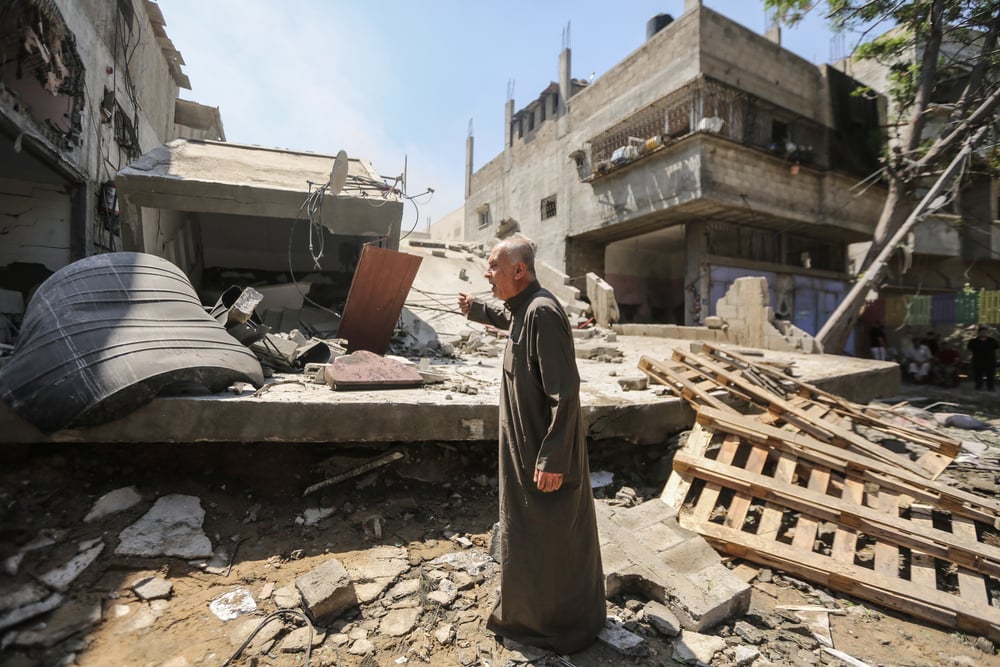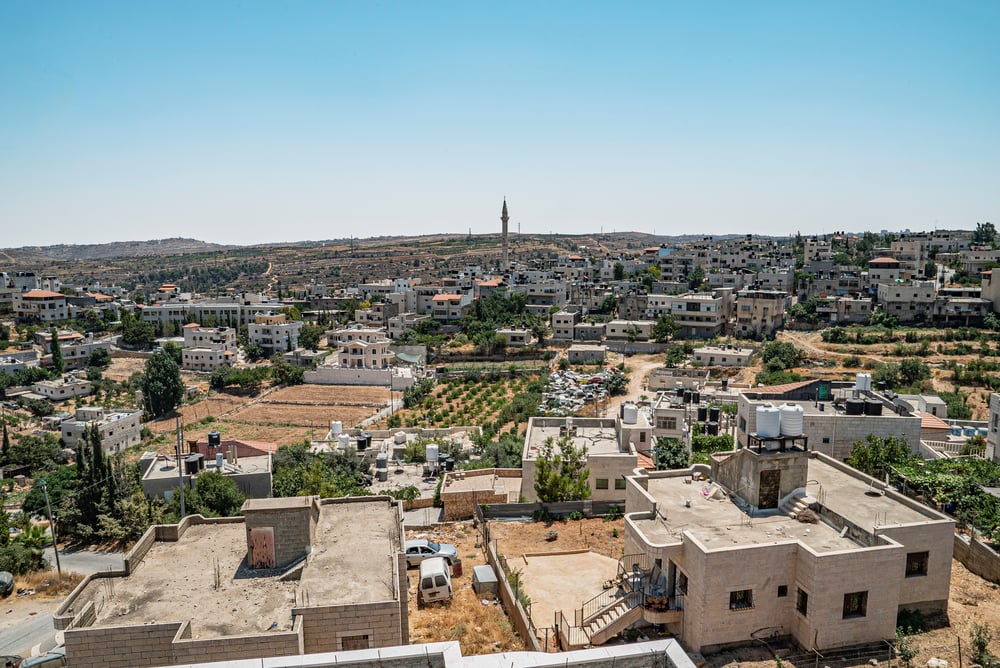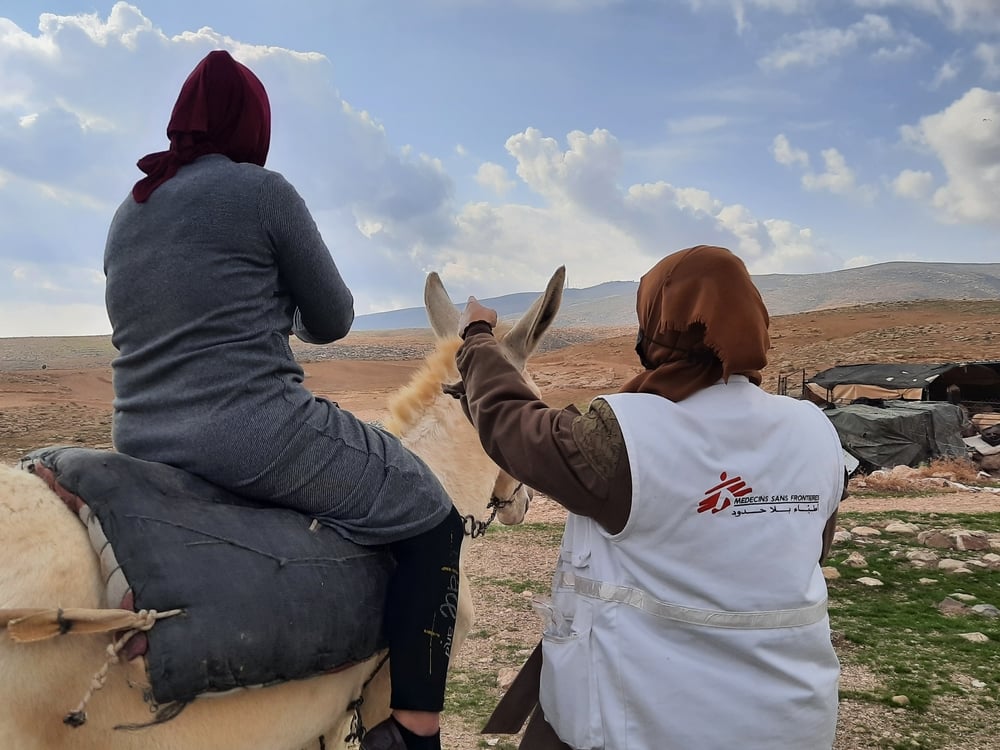Health care under occupation: Hebron’s H2 residents are suffocating
The H2 area of Hebron, one of the most restricted areas in the West Bank, comprises about 20 per cent of the city and is emblematic of the challenges faced by Palestinians living under Israeli control. Home to approximately 7,000 Palestinians and several hundred Israeli settlers, this neighbourhood is ruled by strict movement regulations, systemic closures, and continuous violence. Doctors Without Borders/Médecins Sans Frontières (MSF) teams have been providing primary health care and mental health support in two clinics to Palestinians whose access to health care has been directly obstructed.
H2 has around 28 permanently staffed Israeli checkpoints, many of which are fortified with metal detectors, surveillance cameras, and facial recognition technology, along with facilities for detention and interrogation, severely limiting the movement of Palestinian residents and health care workers.
“Access to medical care should never be arbitrarily denied, impeded or blocked.”
Chloe Janssen, MSF project coordinator
Since Israel´s war on the people of Gaza, restrictions by Israeli forces have drastically increased in the West Bank, including in Hebron. In December 2023, citing security concerns, Israeli authorities forced MSF teams to suspend activities for over five months in the Jaber neighbourhood, inside H2. As an alternative, MSF teams opened a mobile clinic close to the Jaber neighbourhood outside the checkpoint and in Tel Rumeida, accessible to people who can exit H2 but only a few people could access it.
“Although we are now able to provide care in the MSF clinic in Jaber neighbourhood, access remains challenging as our staff can be searched and delayed at the checkpoints to enter the H2 area,” says MSF project coordinator Chloe Janssen. “Access to medical care should never be arbitrarily denied, impeded or blocked.”
Restricted access to health care
Since the beginning of the war, most of the Ministry of Health´s medical staff were unable to obtain the necessary permissions to cross Israeli checkpoints, leaving only one MSF clinic operational during this period.
“I am 77 years old, and my feet hurt. Israeli forces prevent us from using vehicles, so I hold my children’s hands and walk paths between houses to reach the clinic or any medical service.” – says MSF patient and resident of the H2 area.
MSF frequently faces interruptions to their mobile clinic services, being barred from entering the area or encountering movement restrictions during Israeli public holidays. These disruptions to care have profound impacts on the health of patients, particularly those who require continuous care, such as those with diabetes or hypertension.
MSF clinics provide not only essential medical care but also a rare space for social connection in an environment marked by isolation and restricted mobility. Twice a week, mobile clinics treat 60 to 70 patients, offering physical care alongside mental health support to help residents cope with the ongoing trauma of their circumstances.
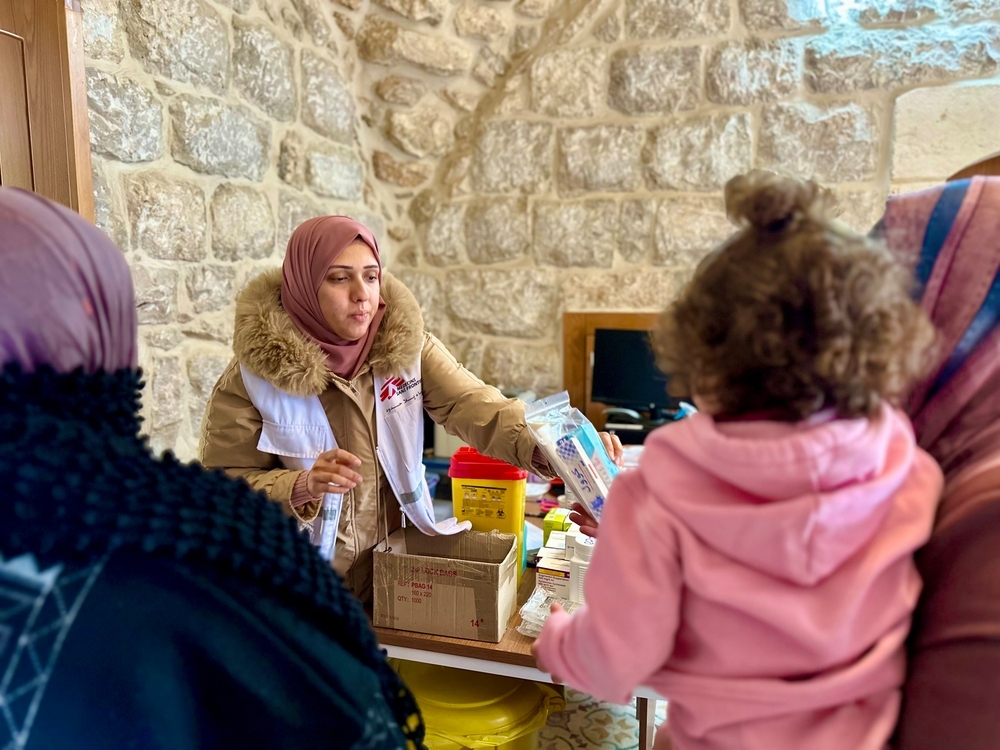
The impact on children and families
Between October 2023 and May 2024, three Palestinian schools serving at least 350 students remained shut, while over 13,000 students in the area missed in-person learning. The United Nations Office for the Coordination of Humanitarian Affairs (OCHA) reports that many have since dropped out entirely due to the logistical and psychological toll of attending school in such conditions.
“Parents here are under immense pressure. They can’t provide for their children’s needs—economically, emotionally, or psychologically.”
Ola Jabari, MSF mental health counsellor
“We’ve seen a dramatic decline in children’s mental health,” says Ola Jabari, MSF’s mental health counsellor. “Many of the children suffer from bed-wetting, nightmares, and academic struggles. We also see symptoms of trauma like hyperactivity and difficulty concentrating, all linked to the violence and restrictions they witness daily.”
Jabari says, “Parents here are under immense pressure. They can’t provide for their children’s needs—economically, emotionally, or psychologically. We’ve even seen a rise in domestic violence as stress builds up within households.”
MSF is also offering recreational activities to Palestinian women and children coming from across Hebron governorate. “Participants appreciate having a safe place to meet and talk to other women,” says the mental health counsellor. “For those coming from H2, these appointments are an excuse to escape a confined environment akin to a prison.”
The mental toll of continuous trauma
“Palestine isn’t a case of post-traumatic stress disorder (PTSD) because the trauma never ends. Here, we’re talking about continuous and complex trauma. The entire population is affected.” says Lucia Uscategui, MSF’s mental health activity manager.
She recounts the story of an 11-year-old boy who was forced to undergo a humiliating body search at a checkpoint. “He refused to leave his home for weeks afterward,” she says. “He had nightmares, bed-wetting, and severe anxiety. His father brought him to us, but the trauma had deeply affected both of them. This is the reality for many families in H2.”
Despite the immense challenges, some in the community continue to show remarkable resilience. However, Lucia notes a troubling rise in unhealthy ways. “We see more people turning to smoking, scrolling endlessly on their phones, or other quick fixes that offer short-term relief. Long-term solutions, like therapy, feel out of reach because people have lost hope for change.”
“Even if the conflict and occupation ended tomorrow, the consequences would linger for years,” Lucia says. “But our work is about showing people they are not alone—that there is still some hope, even in the darkest times.”
MSF calls on the Israeli forces to stop implementing restrictive measures that impede the ability of Palestinians to access basic services, including medical care. Israel must take all feasible measures to ensure that medical care remains unobstructed and accessible. Access to medical care must never be arbitrarily denied, impeded or blocked.
